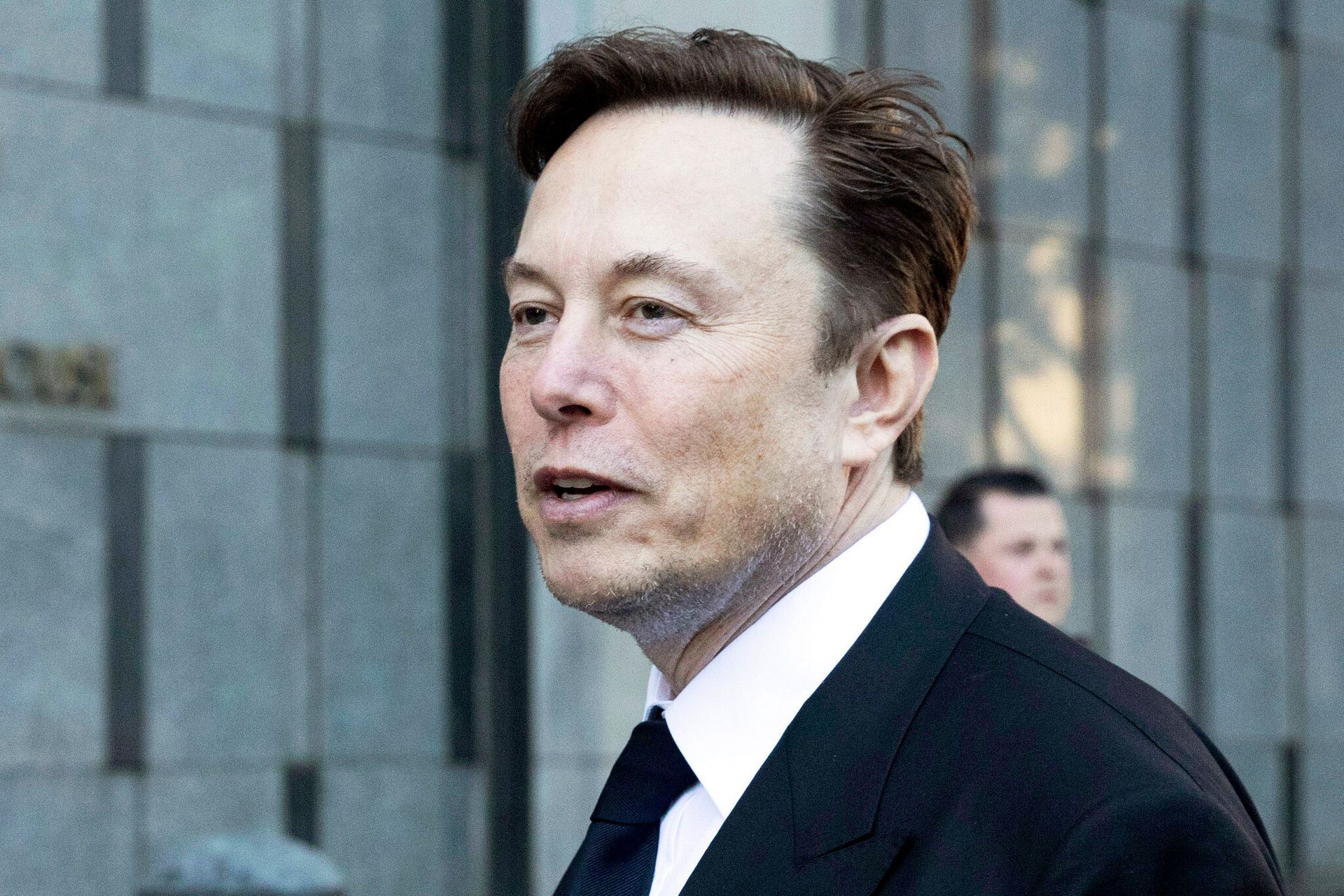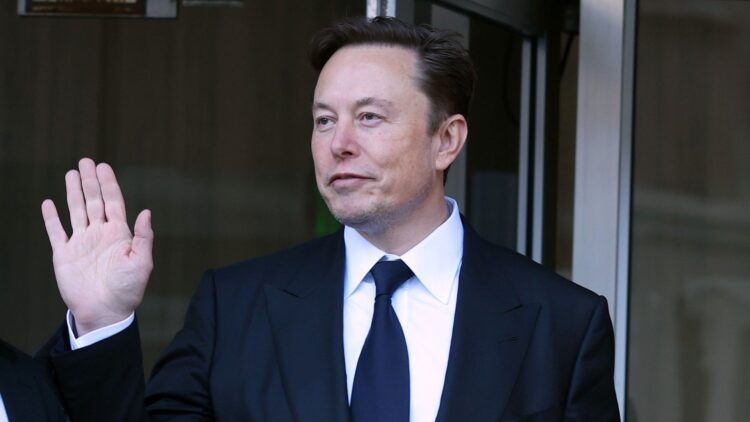Elon Musk’s legal team has taken action to dismiss a $258 billion racketeering lawsuit that stems from his comments about Dogecoin (DOGE) on Twitter. The lawyers have asserted that the lawsuit lacks substance as it is founded on what they deem to be ” innocuous and often silly tweets” made by Musk over time. They argue that the plaintiffs have not provided sufficient evidence to prove Musk’s intention to defraud anyone or conceal risks associated with his tweets.
Elon Musk’s legal representatives have contended that tweeting about a legitimate cryptocurrency, such as Dogecoin, is not unlawful. In their filing, the lawyers dismissed the racketeering lawsuit, arguing that Musk’s tweets in support of DOGE do not warrant legal action.
They went on to refute the plaintiffs’ assertion that DOGE qualifies as a security, which would make it subject to regulations under securities laws. At present, it remains to be seen what decision the judge will make regarding the case.
Musk’s legal team pushes for dismissal of DOGE racketeering case
On June 16, 2022, Keith Johnson filed a class action racketeering lawsuit against Elon Musk and his companies, alleging that Musk promoted a pyramid scheme and intentionally drove up the price of Dogecoin (DOGE) before its subsequent crash. The lawsuit contends that Musk knew DOGE had no intrinsic value, but still encouraged investors to buy it, resulting in billions of dollars in profits for himself and the Dogecoin Foundation.
The lawsuit claims that Musk’s tweets regarding DOGE were intended to manipulate its price, market cap, and trading volume, and that every endorsement resulted in millions of people investing in the meme coin. Additionally, the plaintiffs argue that DOGE is both a security and a pyramid scheme, citing statements made by regulators such as the Reserve Bank of India and prominent figures like Charlie Munger to support their claims.

The investors are seeking compensation totaling approximately $258 billion for their financial losses. As of now, the case is still pending in the Southern District Court of New York. If the plaintiffs succeed, it could have significant implications for Musk and the wider cryptocurrency market, potentially leading to stricter regulations around endorsements and marketing tactics for digital assets.
About the logo change
The value of Dogecoin, a cryptocurrency that started as a joke but has gained a significant following, recently surged by 30% following a Twitter logo change by Elon Musk. The new logo features a Shiba Inu dog, which has become synonymous with the coin. Musk’s decision to add the symbol as the new logo appears to be a reference to a Twitter user’s suggestion that he buy Twitter and change its logo to a doge, as the Shiba Inu dog is commonly known.
Despite Dogecoin’s increasing popularity, the coin has yet to reach its goal of being valued at $1, a target that its supporters have been campaigning for in recent years. As of the time of writing, the cryptocurrency is valued at approximately one cent.

The sudden logo change comes at a time when Elon Musk is embroiled in a $258 billion class-action lawsuit that accuses him of promoting a pyramid scheme through Dogecoin. The lawsuit alleges that Musk’s tweets in support of the cryptocurrency were intended to drive up its price, resulting in financial losses for investors. Musk, who was nicknamed “The Dogefather” for his outspoken support of Dogecoin, has denied the allegations and vowed to fight them in court.
It remains to be seen how the outcome of the $258 billion racketeering lawsuit will affect Dogecoin’s price and reputation. While the sudden surge in value following Elon Musk’s tweets and social media endorsements have shown the power of celebrity influence in the cryptocurrency market, the ongoing legal battle could have long-lasting implications. For now, it is a waiting game for investors and cryptocurrency enthusiasts alike to see how the case plays out and what impact it may have on the future of Dogecoin.





